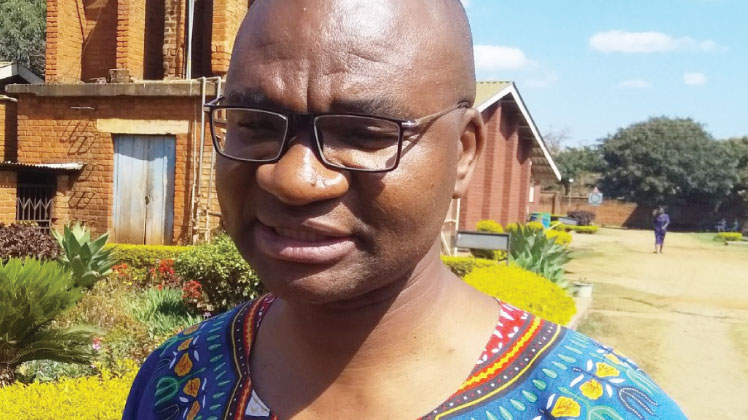Ticking bomb on learning losses
Learning losses emanating from pandemics and disaster related disruptions are said to be a ticking bomb for Malawi as they derail students’ learning trajectory.
These fears from a World Bank report, ‘Collapse and Recovery’ and education experts come as Malawi continues to experience pandemics and disasters such as Covid-19, cholera and tropical cyclones which have disrupted school calendars.
The bank is worried that such students may also lose chances of escaping poverty; hence, the need for swift and effective actions.
It reads in part: “In Malawi, once students returned to school after seven months of school closures [due to Covid-19], learning trajectories were dramatically slower [6.9 points of learning for every 100 days of schooling once schools reopened versus 13.4 points of learning for every 100 days of schooling in the period before the pandemic].

“If this trend continues, students affected by the pandemic could continue falling further behind their expected pre-pandemic learning trajectories.”
Education expert Steve Sharra said the losses will be more acute for learners who do not access alternative emergency remote learning.
He said: “These losses can easily be reflected in national examination results, as we saw with the Malawi School Certificate of Education examinations results during the Covid-19 pandemic. As disasters and disruptions become more common, it is becoming imperative for us to improve our preparedness and planning.”
Another education expert Limbani Nsapato said any loss in a term is huge and affects completion of syllabus, but also has psycho-socia; effects as it demotivates students when they return to school.
He said: “We have seen that some schools that have been largely affected like with Covid-19 perform poorly, some with pass rate of less than 30 percent. Some students drop out, some go into early marriages.”
Civil Society Education Coalition executive director Benedicto Kondowe urged government not to abdicate its responsibility by looking into alternative shelters for survivors other than schools.
“It must be noted that the time wasted is already too much; hence, it is not guaranteed that teachers will indeed make up additional time as envisaged,” he said.
Government statistics show that 273 388 learners (130 980 boys and 142 408 girls) and 586 teachers were affected by Tropical Cyclone Freddy.
During a media briefing on the reopening of schools recently, Ministry of Education Madalitso Kambauwa Wirima said they will provide alternative modes of curricular delivery, including radio interactive instruction and offline content using tablets and digital libraries.





